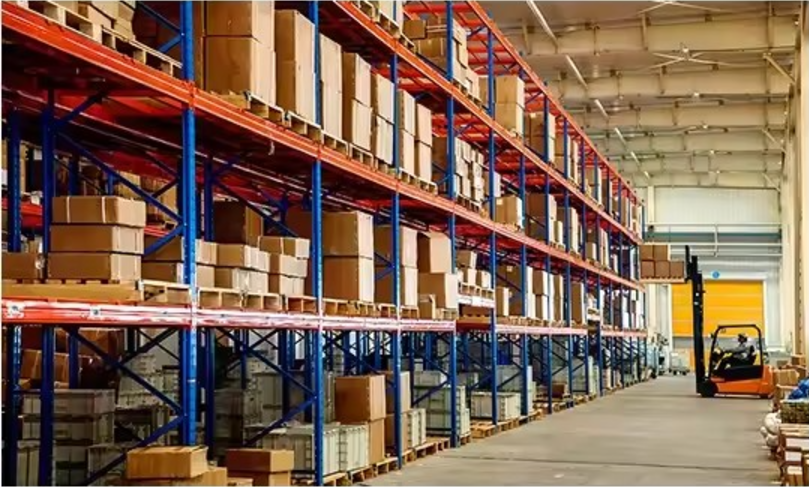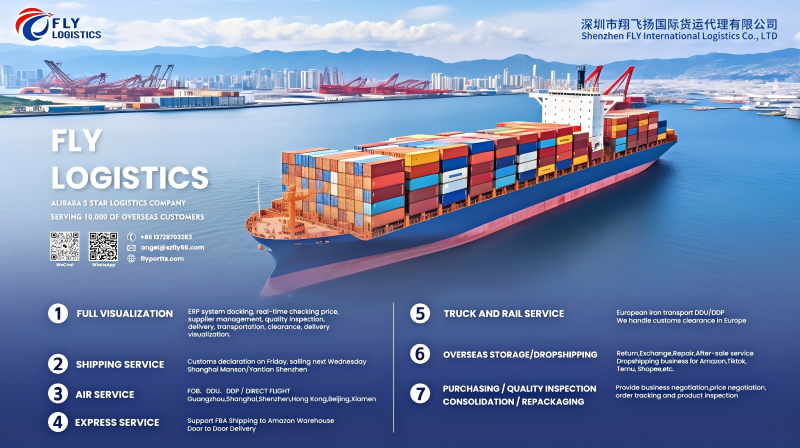In today’s fast-paced global economy, air freight has become an essential mode of transportation for businesses seeking speed, reliability, and efficiency in their supply chains. Unlike sea or road transport, air freight offers unmatched delivery times, extensive international reach, and secure handling of high-value or time-sensitive goods.
For companies involved in international trade, logistics management, and supply chain operations, understanding the advantages of air freight is crucial for optimizing operations, reducing risk, and enhancing customer satisfaction. From express delivery of perishable products to efficient global distribution, air freight provides solutions tailored to modern business needs.
Speed and Efficiency
One of the most prominent advantages of air freight is speed. Air cargo can transport goods across continents within hours or a few days, compared to weeks for ocean freight. This rapid transit is vital for businesses handling:
-
Perishable goods such as food and pharmaceuticals.
-
Seasonal or promotional merchandise requiring tight delivery windows.
-
Just-in-time (JIT) inventory systems that depend on minimal storage.
High-speed logistics ensures products reach their destinations quickly, reducing storage costs and enabling faster turnover, ultimately improving operational efficiency.
Global Reach and Connectivity
Air freight networks connect virtually every major city and trade hub worldwide. Airlines operate regular routes linking developed and emerging markets, providing businesses with:
-
Access to distant markets without geographic limitations.
-
Simplified supply chain management with fewer transit points.
-
Reliable schedules that help maintain predictable delivery timelines.
Global reach allows companies to expand their customer base, enter new markets, and respond rapidly to international demand.
Safety and Reliability
Air freight is recognized for its high security and reliability, making it a preferred option for valuable or sensitive shipments. Advantages include:
-
Reduced risk of theft or damage due to controlled handling and limited transit points.
-
Advanced tracking systems enabling real-time shipment monitoring.
-
Consistent adherence to schedules, minimizing delays caused by external factors such as road congestion or port congestion.
For high-value goods, electronics, medical equipment, or luxury products, these safety features are critical for protecting both merchandise and brand reputation.
Flexibility and Convenience
Air freight offers unmatched flexibility compared to other transport modes:
-
Cargo can be shipped in various packaging sizes and forms, including pallets, containers, and specialized crates.
-
Many airlines provide tailored solutions such as express delivery, charter services, and integrated logistics support.
-
Faster customs clearance and streamlined documentation reduce administrative burdens.
This adaptability allows businesses to respond quickly to changing market conditions and urgent customer demands.
Cost and Value Comparison
Although air freight is typically more expensive than sea or land transport, the advantages often outweigh the costs in terms of:
-
Reduced inventory holding costs due to faster delivery.
-
Lower risk of product obsolescence or spoilage.
-
Higher customer satisfaction from timely deliveries supports brand loyalty.
For time-sensitive or high-value shipments, air freight offers a cost-effective solution by minimizing indirect expenses and losses.
Environmental Considerations
While air freight has a higher carbon footprint compared to other modes, industry innovations are improving its sustainability:
-
Modern aircraft with fuel-efficient engines reduce emissions per kilogram of cargo.
-
Optimization of load planning and routing minimizes unnecessary flights.
-
Integration with multimodal logistics chains can reduce environmental impact while maintaining speed advantages.
Companies increasingly balance speed and environmental responsibility by using air freight selectively for critical shipments.
Industry Trends and Future Outlook
The air freight sector continues to evolve, driven by technological innovation and global trade dynamics:
-
Adoption of digital tracking systems and blockchain technology enhances transparency and efficiency.
-
The growth of e-commerce increases demand for express air cargo solutions worldwide.
-
Integration with smart logistics platforms allows better forecasting, route optimization, and inventory management.
-
Expansion of cargo aircraft fleets and infrastructure upgrades in emerging markets improves accessibility and capacity.
These trends indicate that air freight will remain a vital component of global supply chains, supporting businesses in achieving faster, safer, and more efficient logistics.
Air freight offers unparalleled advantages in speed, global reach, reliability, flexibility, and overall value for businesses managing international logistics. By selecting air freight strategically for high-value or time-sensitive goods, companies can reduce operational risks, improve supply chain efficiency, and meet customer expectations effectively.
Take Action: Explore the latest air freight services to optimize your supply chain, ensure timely deliveries, and leverage the full potential of fast, secure, and efficient global transportation.





